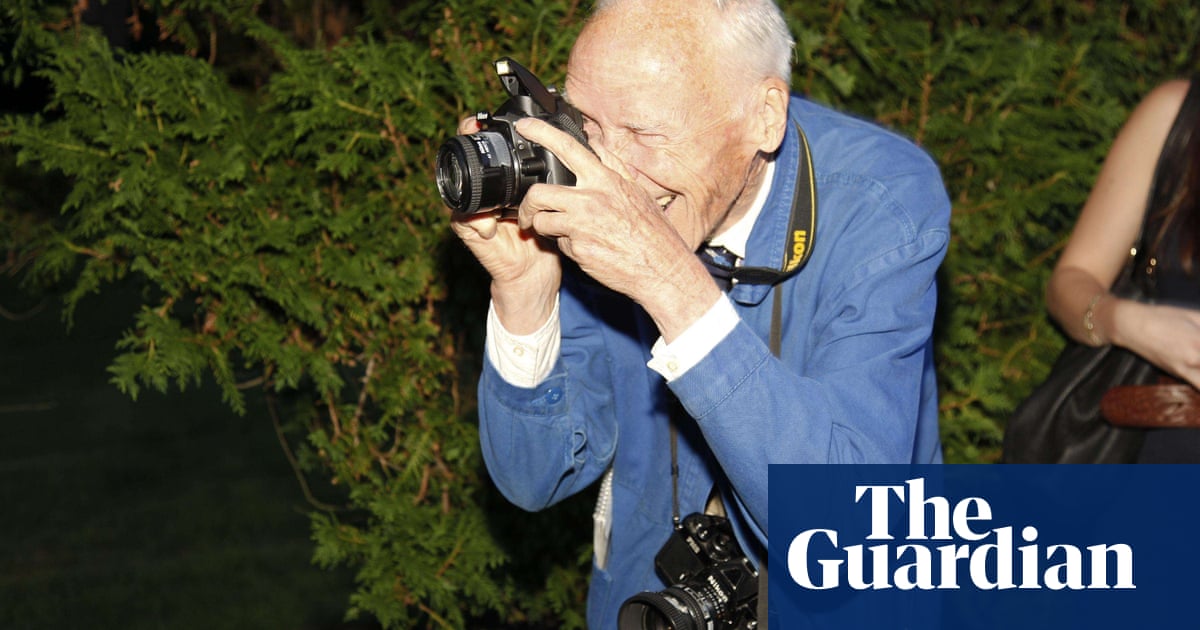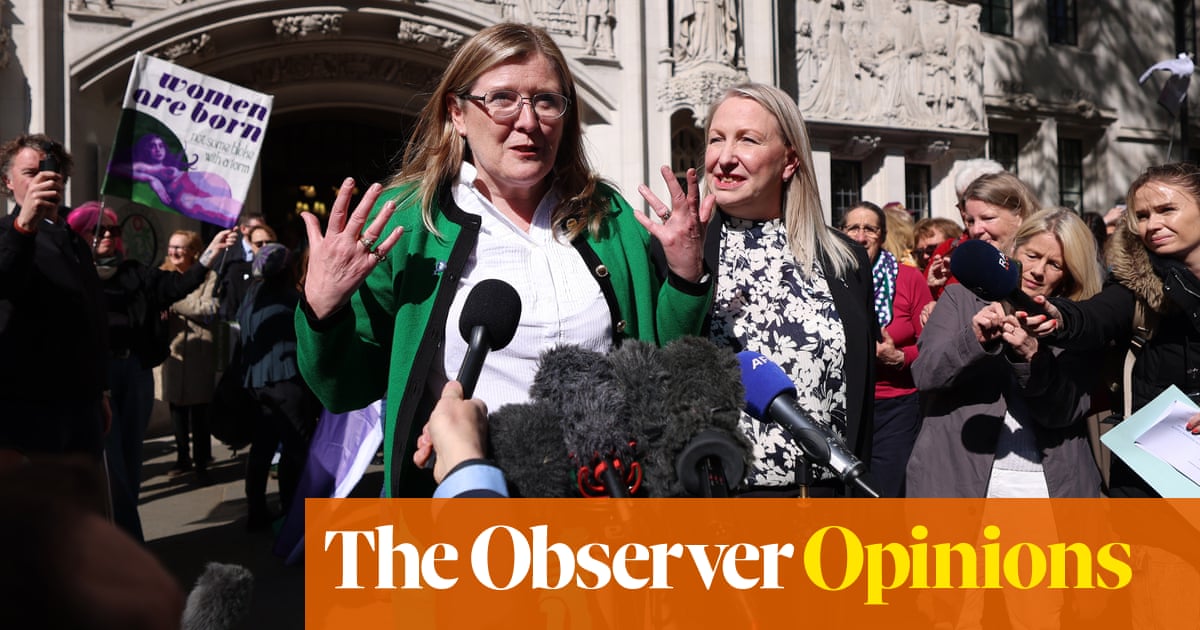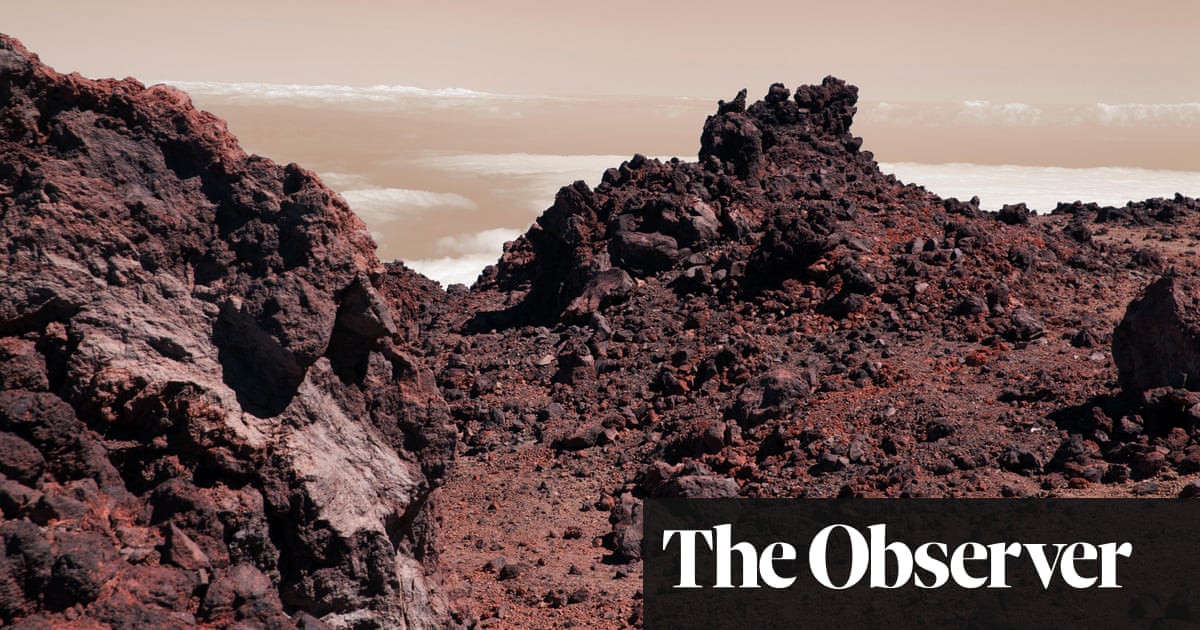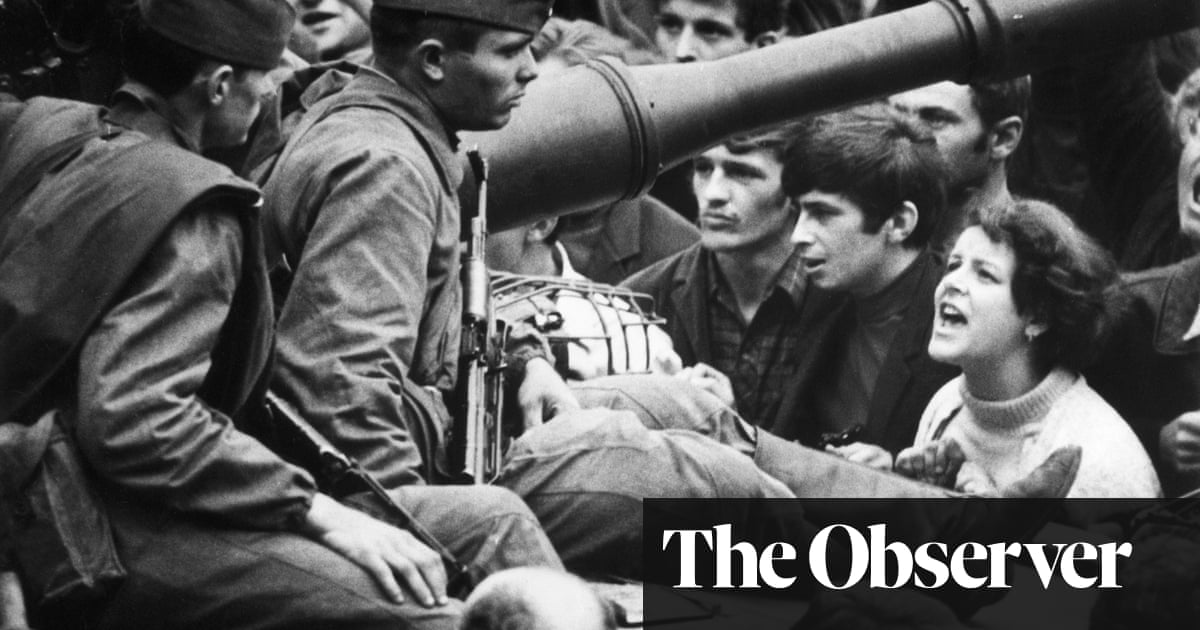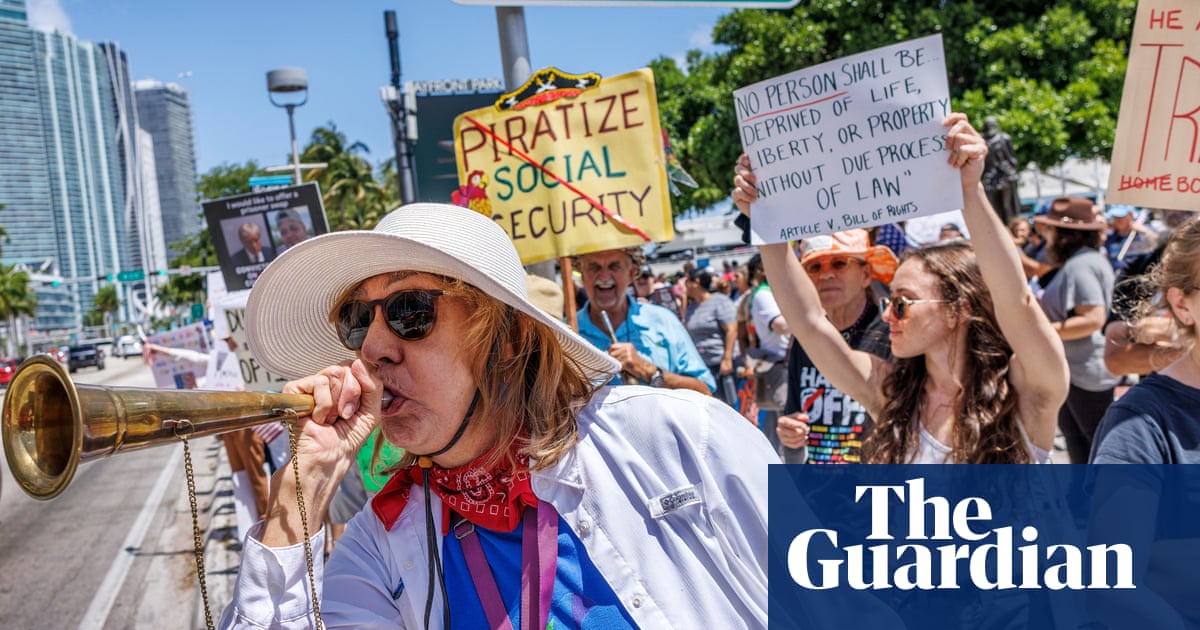The World Anti-Doping Agency (Wada) is facing a crisis after the US government defaulted on a $3.6m contribution to the global sport watchdog’s annual budget.
Wada said the US had missed the 31 December 2024 deadline for payment and retaliated by saying representatives from the US would now be ineligible to sit on its foundation board or executive committee.
The funding breakdown comes after a year of sniping between Wada and the US Anti-Doping Agency (Usada), which started when it was revealed last year that Wada had cleared 23 Chinese swimmers to compete at the 2021 Tokyo Olympics, even though they had tested positive for banned heart drug trimetazidine (TMZ). Wada accepted the Chinese Anti-Doping Agency reasoning that a kitchen at a team hotel could have contaminated all 23 samples.
Travis Tygart, the chief executive of Usada, said: “Usada fully supports this decision by the United States [government] as the only right choice to protect athletes’ rights and fair competition. Unfortunately, the current Wada leaders left the US with no other option after failing to deliver on several very reasonable requests to achieve the transparency and accountability needed to ensure Wada is fit for purpose to protect athletes of the world.
“Since the exposure of Wada’s failed handling of the 23 Chinese swimmers’ positive tests that gave China and its athletes special treatment under the rules, many stakeholders from around the world, including athletes, governments, and national anti-doping agencies, have sought answers, transparency, and accountability from Wada leadership. Significant reform at Wada must occur to ensure this never happens again.”
Wada has previously responded to Tygart’s claims that it has betrayed clean athletes by saying it was “astonished by [his] outrageous, completely false and defamatory remarks”, which it said were “politically motivated and delivered with the intention of undermining Wada’s work.”
An independent report into the China case, published last year, criticised Wada’s “disorganisation”, and found that China’s anti-doping agency “had deviated significantly and fundamentally from … procedure” and “that these deviations were particularly serious”, but cleared Wada of bias.
Wada’s crisis is likely to deepen in 2025 as it seems doubtful the president-elect Donald Trump, who is sceptical of global organisations, would reverse the 2024 decision taken by the Biden administration.
Tygart said: “The US has been the highest government payer to Wada since Wada’s inception in 2000 and has been a staunch supporter of having an effective global anti-doping system to protect athletes competing at the highest levels. However, the authority to withhold payment to Wada was first put in place under the first Trump Administration in conjunction with Congress when Wada’s ineffectiveness was exposed in the Russia state-sponsored doping scheme.”
A Wada investigation showed Russia had operated a state-sponsored doping programme from at least 2011 to subvert and undermine anti-doping protocols, including falsifying samples from Russian athletes at the 2014 Sochi Winter Olympics.
In a statement to the Guardian, Wada said: “The World Anti-Doping Agency confirms that it did not receive the agreed contribution to Wada’s 2024 budget from the government of the United States by the deadline of 31 December 2024.
“Under Article 6.6 of the Wada statutes, public authority representatives from a country which has not paid its dues are ineligible to sit on the foundation board or the executive committee. Therefore, on 1 January of each year, any foundation board or executive committee member representing a country that has not paid its annual contribution for the previous year automatically loses their seat.
after newsletter promotion
“The outstanding amount owed to Wada by the US government is $3.625m. For context, Wada’s overall budget for 2025 has been approved at $57.5m.”
The US representative on the Wada executive committee is Rahul Gupta, director of the Office of National Drug Control Policy.
The funding issue indicates a formal breakdown between Wada and the nation that is not only the world’s geo-political leader but host of the next two biggest global sports events, the men’s football World Cup in 2026 and the 2028 summer Olympics. It would seem inconceivable Fifa and the IOC would go into those events with such a seismic breakdown between the host nation and the global anti-doping body and both organisations will be working hard to repair relationships, though without extensive reform of Wada it seems unlikely the Trump administration position would change.

Wada has also criticised Usada for using undercover agents to expose dopers, a practice revealed by the Observer in July, with Wada claiming it was outside their rules. Usada contended it was allowed under the Wada code and that Wada officials had signed off on the operation and aided its execution. Current US officials are known to have very little trust that Wada is pursuing its agenda aggressively enough.
In 2019, the US government under Trump passed the Rodchenkov Act, named after the Russian Olympic whistleblower, to allow it to pursue criminal charges against athletes that dope regardless of nationality if they compete against US athletes in major championships and train in the USA. Since then the federal government has deployed customs’ officials and the FBI agents in the fight against doping, but Wada has been critical of the use of undercover agents to unmask dopers. Usada’s stance is that intelligence-led enforcement is much more effective than testing samples.

 3 months ago
51
3 months ago
51
